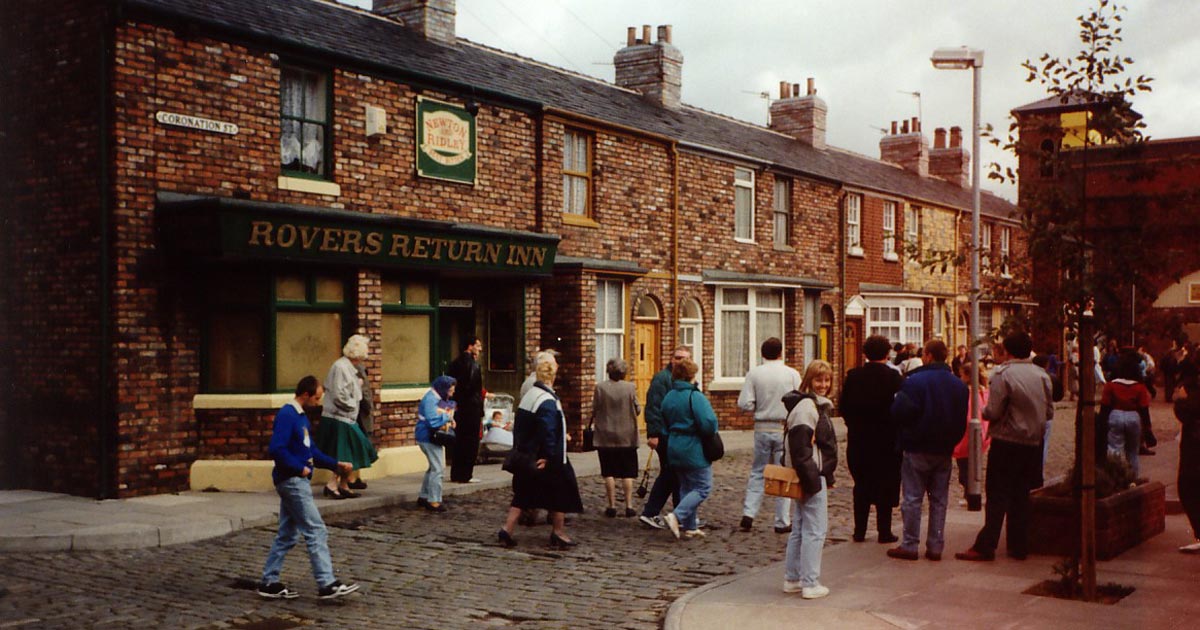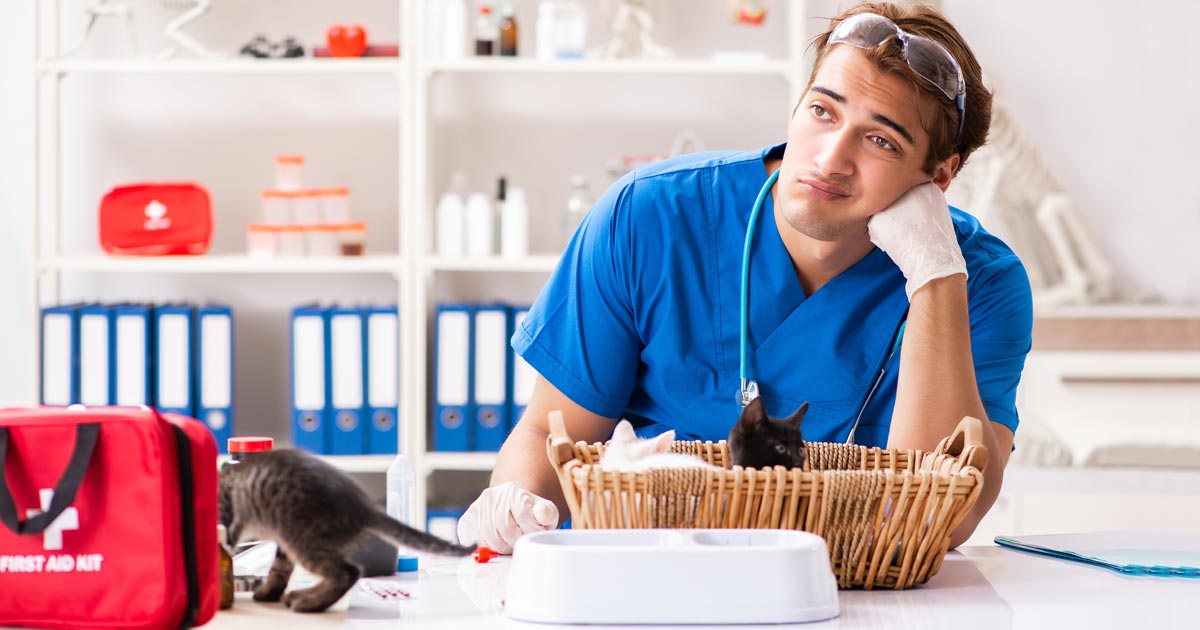I have, on occasion throughout my career, heard people describe general practice as “boring”.
“Sure,” they’d say. “There’s stressful bits, but so much of it is the same – anal glands, vaccinations – it just gets boring after a while, doesn’t it?”
My first reaction to this viewpoint has always been a double take and a head shake (because I like my incredulity to rhyme), but then I think about all those thousands of anal glands I’ve expressed, all those nails clipped, and all those discussions about the exact nature of the flea life cycle…
Same old, same old
I remember, particularly, all those consultations where the disgruntled owner of a West Highland white terrier has decided that, after all these years of steroids, they now want the problem “just sorted out”.
The evening surgeries I used to work were (nominally) two-and-a-half hours long, and an evening filled with post-op checks, routine boosters, diet discussions and allergy conversations can stretch out until it feels much longer than that.
Do they have a point? Is general practice boring?
Fun to fix
The first difficulty, of course, is that when general practice definitely isn’t boring, it’s stressful.

“Interesting” cases are, by definition, more complicated and will take up more time, require more puzzling over text books, and are likely to make more mess in the practice. The most satisfying of these “interesting“ cases are the ones that lead to a fun surgery and are then fixed – foreign bodies, cystotomies, splenectomies and so on.
Even some of the classically stressful cases, such as gastric dilatation-volvulus, fit in here: they’re extremely painful and distressing for the pet, terrifying for the owner, but they’re not often a diagnostic challenge, and their high-risk nature, perhaps paradoxically, makes them less stressful – at least to me. The surgery is interesting and, with luck and good management, you have a much-improved patient and a grateful owner within a matter of hours.
These procedures don’t always go smoothly, of course. That’s the nature of the “interesting” work.
Thought provoking
The other cases – difficult medical cases where it’s hard to work out exactly what’s going on, or terminal cases where you’re trying your best, but are unlikely to get a successful outcome – are certainly not boring, to the point where you’re thinking about them while you’re doing your “routine” work.
Interesting cases usually mean more suffering for our patients, and more worry and financial hardship for the owners. The last thing I ever want to go to my doctor with is an “interesting” case.
Interesting cases aside, is routine and repetition boring in veterinary medicine?
Street smarts
More years ago than I’d like to admit, I did my “work experience” for school. We were given three choices, at least one of which we were assured we’d get. I put “veterinary”, “medicine” and “legal” (the last for a bit of white-collar variety, I suppose). I was assigned a “retail” position, working in the Coronation Street shop at the nearby Granada Studios.
As an “experience” it was valuable, in that, minor incidents aside (accidentally smashing a glass shelf full of Bet Lynch-shaped mugs, for example), they were the most tedious hours I have ever spent in my life. During the afternoon, I was literally counting down the seconds until my shift ended and I could go home.
This experience showed me exactly what I didn’t want to do with the rest of my life, and it involved a level of boredom I have never come close to equalling in my veterinary career.

Always different
I agree with the point it can be a little disheartening to explain to another client why their pet’s nails are already too short and that they don’t need clipping, and repetitious to explain, once again, about maternally derived immunity, but I honestly can’t say I ever found such things boring – at least not to the level of polishing Bet Lynch.
There are a number of reasons – first and foremost of which is that the people and the animals are all different; their reactions to explanations, their questions, are never the same. I have carried out hundreds of thousands of consultations in my career, but have never done the same consultation twice – and I never will.
The closest I can honestly say I have come to calling my career in general practice “boring” is that I may have occasionally thought “well, that evening was a bit dull” – although it’s generally said with the kind of relief that suggests I’m extremely glad it wasn’t anything else.
All hail the general practitioner
In these days of increasing specialisation – my own situation not excepted (I’m now a resident in clinical pathology) – I’d like to, once again, raise a flag for the often unrecognised heroes who work in general practice.
The implication when people describe general practice as boring is that it’s also in some way unimportant, or at least less important than referral work – but, as a member of the public, you won’t meet a more important member of the veterinary team than a good general practitioner. They’re the first point of contact, they’re the ones who know, not only the full situation of the patient, but of the client too.
The work isn’t always glamorous, and it’s sometimes repetitious, but I think it’s the most important job in our profession.

Leave a Reply